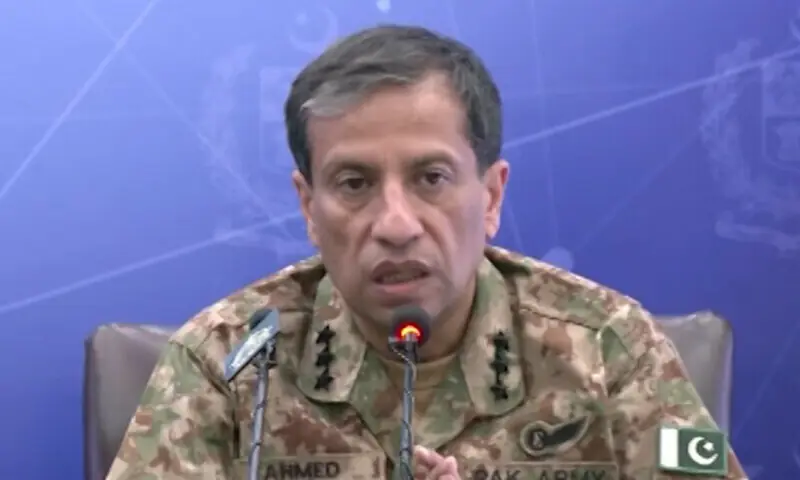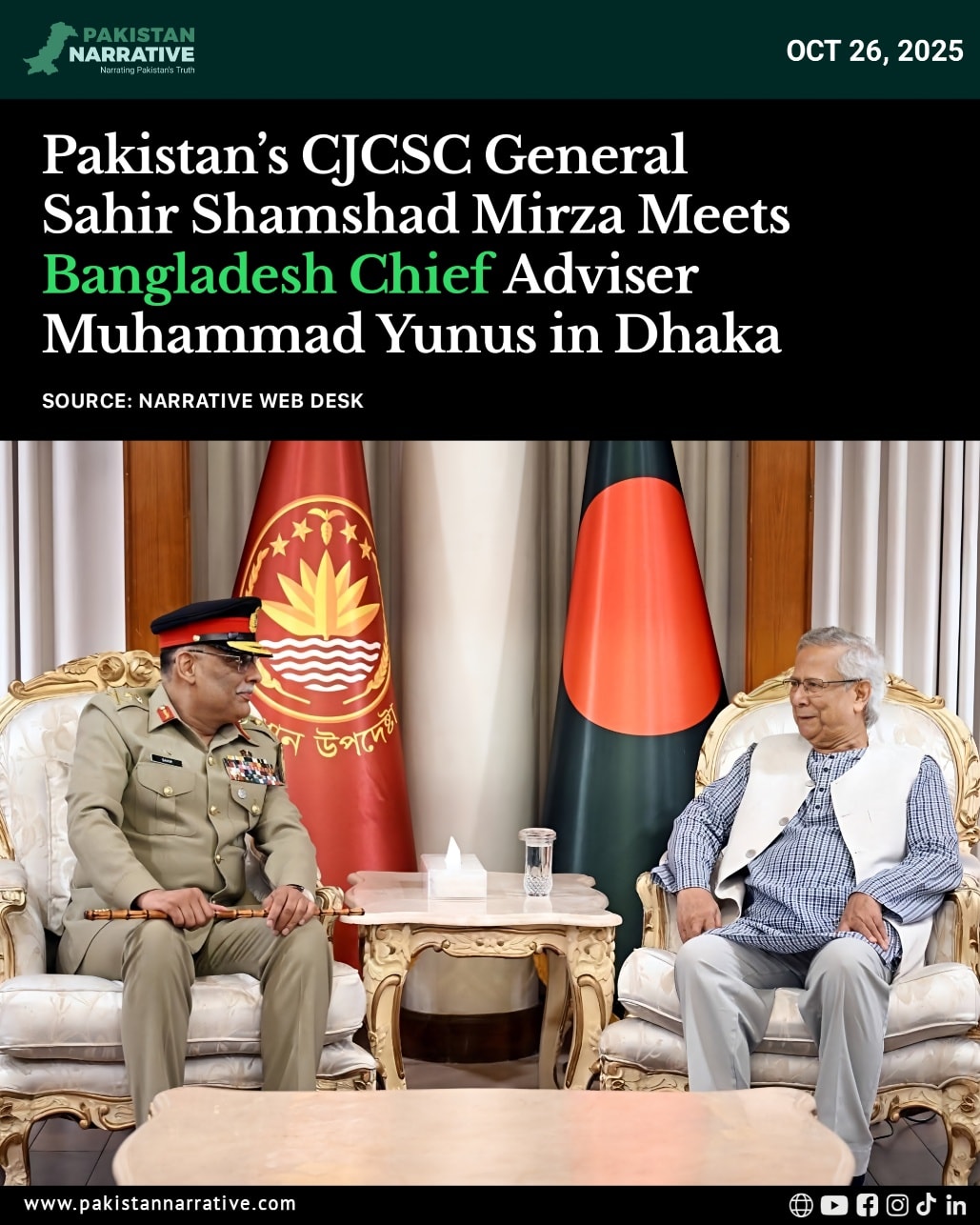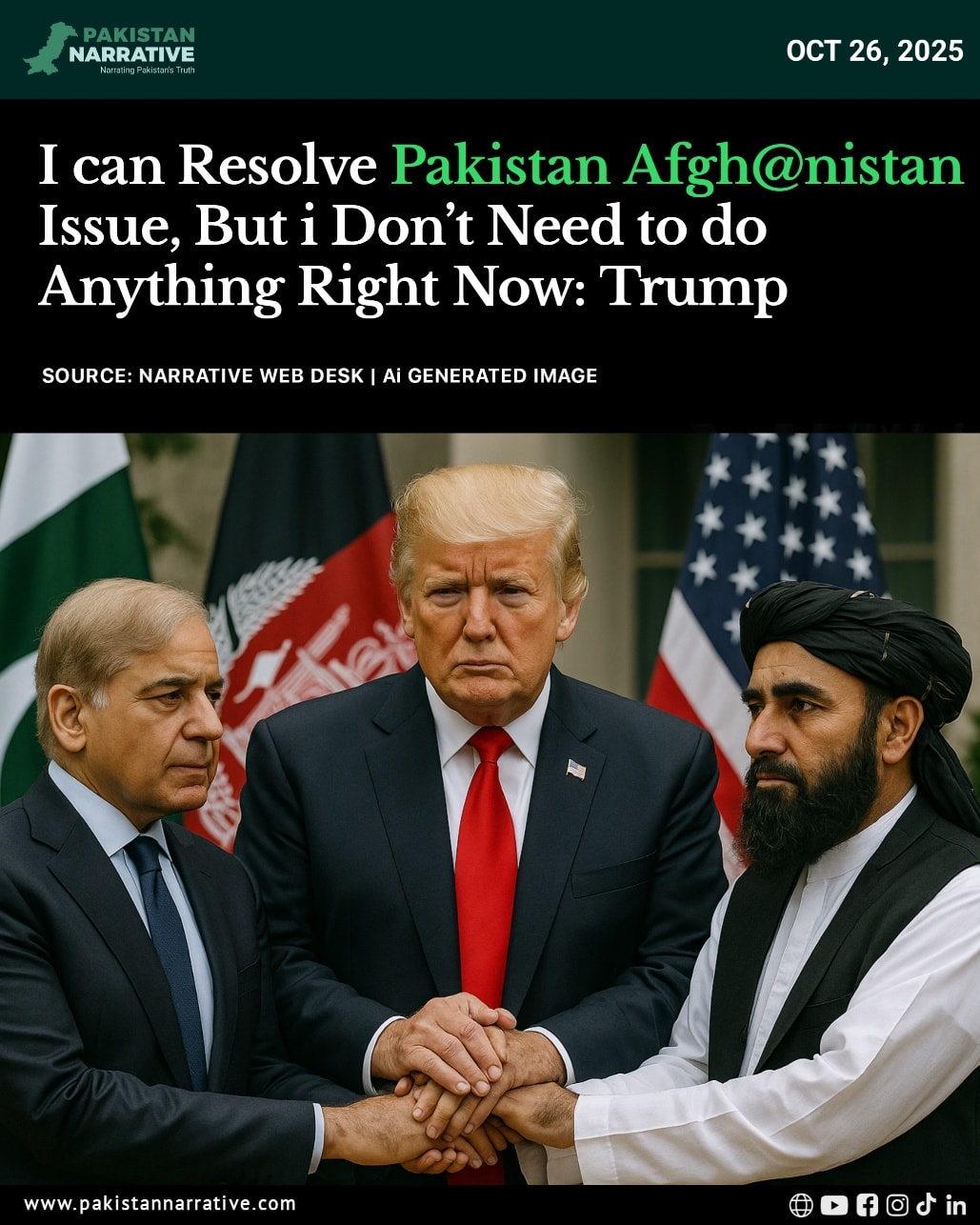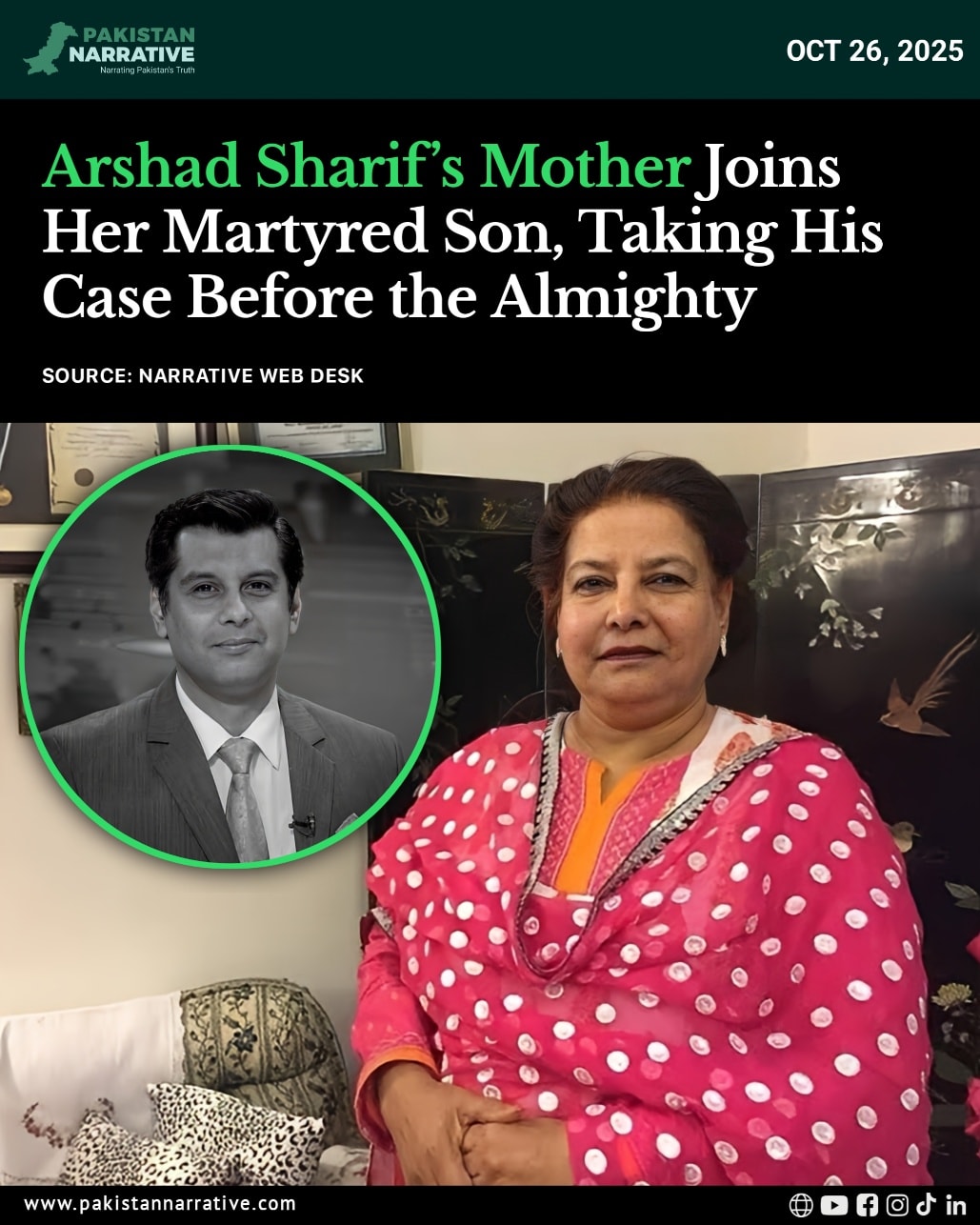RAWALPINDI: Director General Inter-Services Public Relations (DG ISPR) Lt Gen Ahmed Sharif has said that India continues to sponsor terrorism in Pakistan, with undeniable evidence proving the involvement of serving Indian army officers in such activities. In a special interview with a German magazine, the DG ISPR said Pakistan has repeatedly presented evidence of Indian-sponsored terrorism before the international community.
Lt Gen Sharif revealed that several militants killed in Balochistan were part of Indian-backed networks, later falsely portrayed as “missing persons.” He said India manipulates external issues to cover its internal crises and tries to destabilise Pakistan through terrorist proxies. “Indian state institutions, including the army, are heavily influenced by extremist political ideologies,” he noted.
The DG ISPR stressed that Pakistan, at the state level, rejects all non-state actors. “There is no place for any armed groups in Pakistan, and no individual or group has the authority to declare jihad except the state,” he said.
Speaking about Afghan refugees, Lt Gen Sharif said Pakistan had hosted millions of Afghans for four decades, while structured measures are under way for their dignified repatriation. He said deadlines for their return had been extended several times on humanitarian grounds. He warned that evidence shows illegal Afghan nationals have been involved in terrorism and serious crimes, while American weapons left behind in Afghanistan are now being used in attacks. “Even the US has expressed concern over its weapons being used in terrorism,” he added.
Highlighting Pakistan’s sacrifices, the DG ISPR said the country had acted as a frontline state in the war on terror, paying a heavy price in lives lost and economic losses. He added that during Pakistan-India tensions, the US President’s role emerged as that of a strategic leader, while Pakistan continues to strengthen its constructive and strategic ties with brotherly country China.
Concluding, Lt Gen Ahmed Sharif urged the international community to play its role in resolving the Kashmir dispute to ensure lasting peace in the region.





